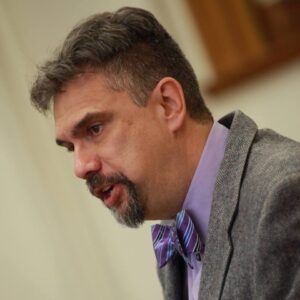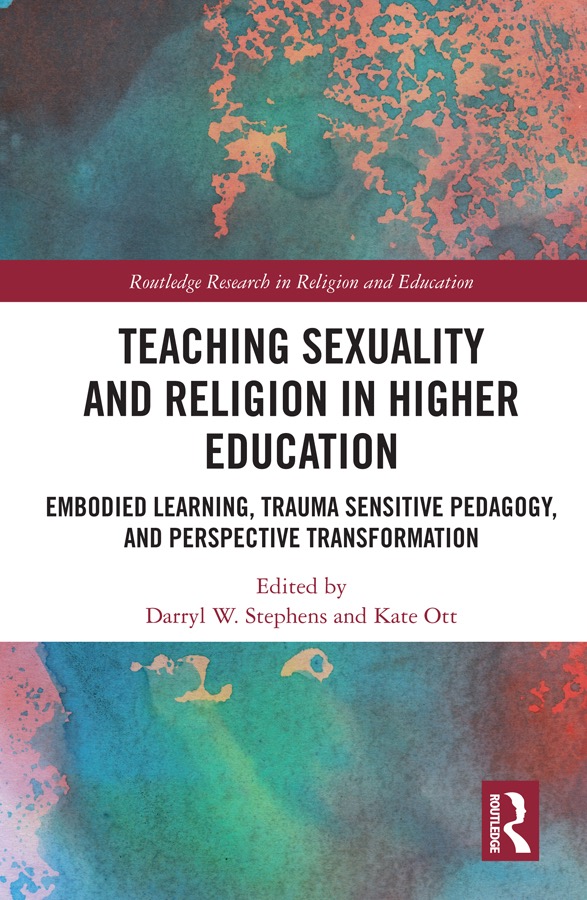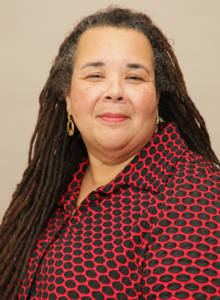embodiment
Select an item by clicking its checkbox
As the fall semester draws to a close, I reflect on how our classrooms continue to absorb the dense impact of exhaustion, grief, and so many unknowns. The isolation and physical distancing brought by COVID-19 during the first months of 2020 have remained a reality for much longer than any of ...
Date Reviewed: June 17, 2021
Contributors to this volume address a variety of sexuality-related issues including reproductive rights, military prostitution, gender, fidelity, queerness, sexual trauma, and veiling from the perspective of multiple religious faiths. Christian, Jewish, and Muslim scholars present pedagogy and classroom strategies appropriate for secular ...
Contributors to this volume address a variety of sexuality-related issues including reproductive rights, military prostitution, gender, fidelity, queerness, sexual trauma, and veiling from the perspective of multiple religious faiths. Christian, Jewish, and Muslim scholars present pedagogy and classroom strategies appropriate for secular and religious institutional contexts. By foregrounding a combination of "perspective transformation" and "embodied learning" as a means of increasing students’ appreciation for the varied social, psychological, theological and cultural contexts in which attitudes to sexuality develop, the volume posits sexuality as a critical element of teaching about religion in higher education.
This book will be of great interest to graduate and postgraduate students, researchers, academics, and libraries in the fields of Religious Studies, Religious Education, Gender & Sexuality, Religion & Education, and Sociology of Religion. (From the Publisher)
Whether teaching online or face-to-face courses, Mary Hess, Luther Seminary, aims to create spaces where (in the words of Parker Palmer) obedience to truth can be practiced. “Learning,” she argues, “is risk-taking.” But she lets her students know that she, as the teacher, is with them in their learning adventure. Dr. Hess has had a variety of leadership roles at the Wabash Center over many years.
The “I” That Teaches - A new video project that invites senior scholars to talk about their teaching lives. These scholar-teachers candidly discuss how religious, educational, and family backgrounds inform their vocational commitments and, also, characterize their teaching persona. From the vantage point of a practiced teaching philosophy we get an intimate account of the value and art of teaching well.
Click here to watch all episodes of "The "I" That Teaches" on YouTube
See Also:
My teaching goals reflect my expectations that my students will change the world. I want my students to have profound consciousness of love, of themselves as capable beings, of the beauty of creation. I want to instill in them with the necessity to fight for the oppressed, uplift the downtrodden, ...



